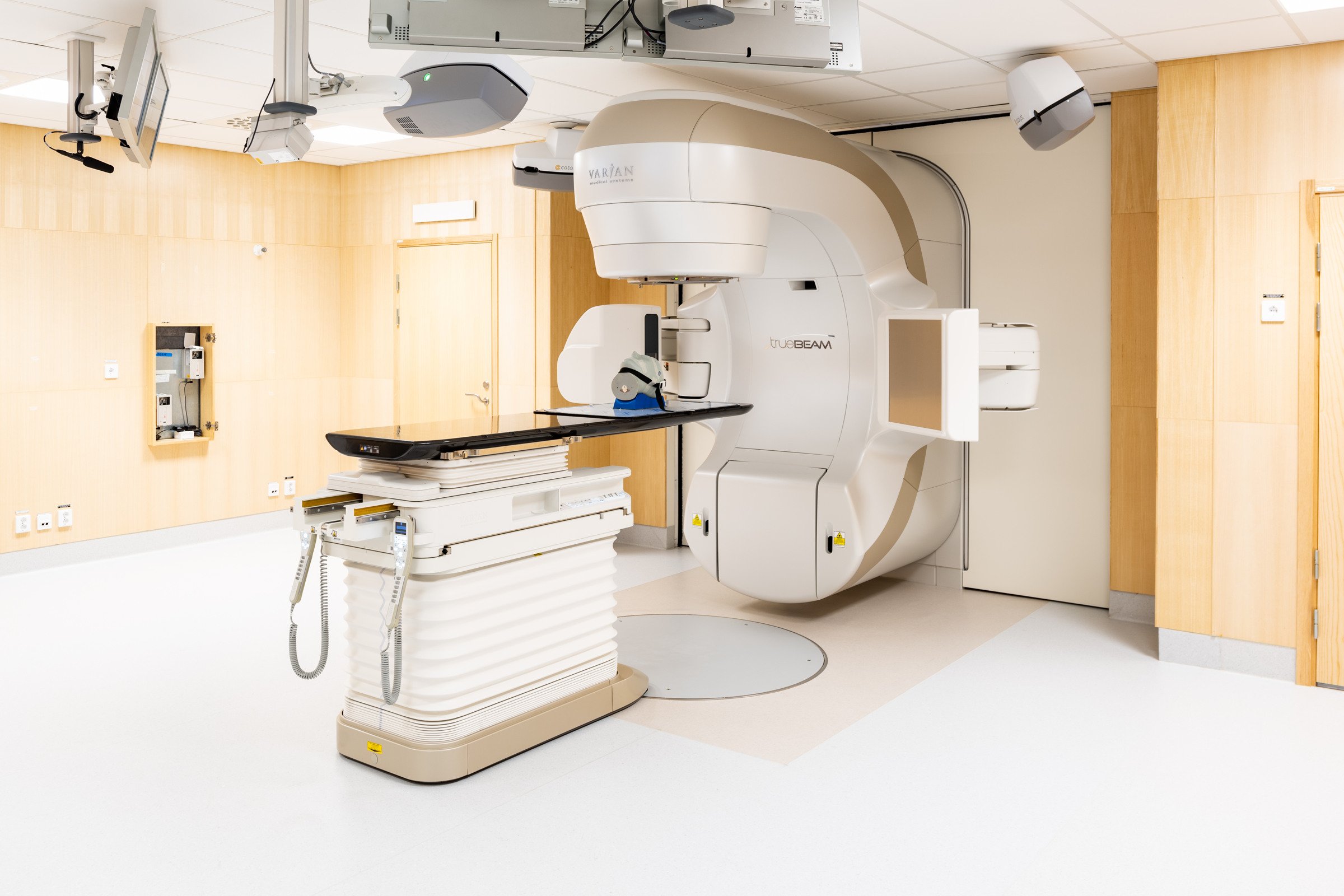Colorectal Cancer
We are involved in world-leading research in cancer, inflammatory bowel disease, and enhanced recovery after surgery (ERAS).
Colorectal Cancer (CRC) is a common malignant disease. Diagnosis is made through a biopsy taken during an endoscopic examination (i.e., colonoscopy). Further analysis is necessary to determine the stage and exact location when diagnosed.
Surgeries are, when it is possible, performed with minimally invasive techniques, including robotic and laparoscopic surgery. More complex situations may demand open surgery. All patients are treated within ERAS - an enhanced recovery after surgery protocol, which significantly reduces complications and length of hospital stay after surgery. We are also involved in world-leading research in cancer, inflammatory bowel disease, and ERAS.
Oncology
Our goal is to offer world-class cancer care based on every patient's individual needs. OncologyGastroenterology
Gastroenterology includes both upper abdominal surgery and lower abdominal surgery Gastroenterology
Request medical treatment
More information on who can request a medical second opinion or treatment at Karolinska.
Continue
Bringing together cutting-edge research and world-leading expertise
